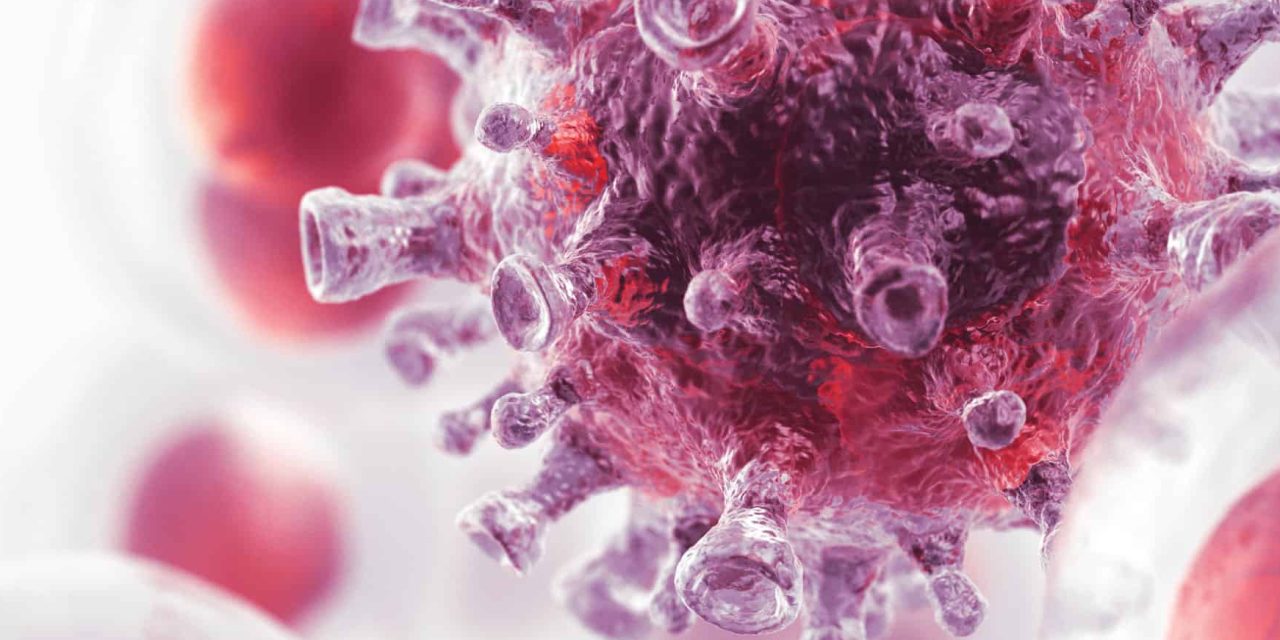Vaccines harness the inherent properties of the immune system to prevent diseases or treat existing ones. Continuous efforts have been devoted to both gaining a mechanistic understanding of how the immune system operates and designing vaccines with high efficacies and effectiveness. Advancements in nanotechnology in recent years have generated unique opportunities to meet the daunting challenges associated with immunology and vaccine development. Firstly, nanoparticle formulated systems provide ideal model systems for studying the operation of the immune system, making it possible to systematically identify key factors and understand their roles in specific immune responses. Also, the versatile compositions/architectures of nanoparticle systems enable new strategies/novel platforms for developing vaccines with high efficacies and effectiveness. In this review, we discuss the advantages of nanoparticles and the challenges faced during vaccine development, through the framework of the immunological mechanisms of vaccination, with the aim of bridging the gap between immunology and materials science, which are both involved in vaccine design. The knowledge obtained provides general guidelines for future vaccine development.
Nanoparticle formulated vaccines: opportunities and challenges.


